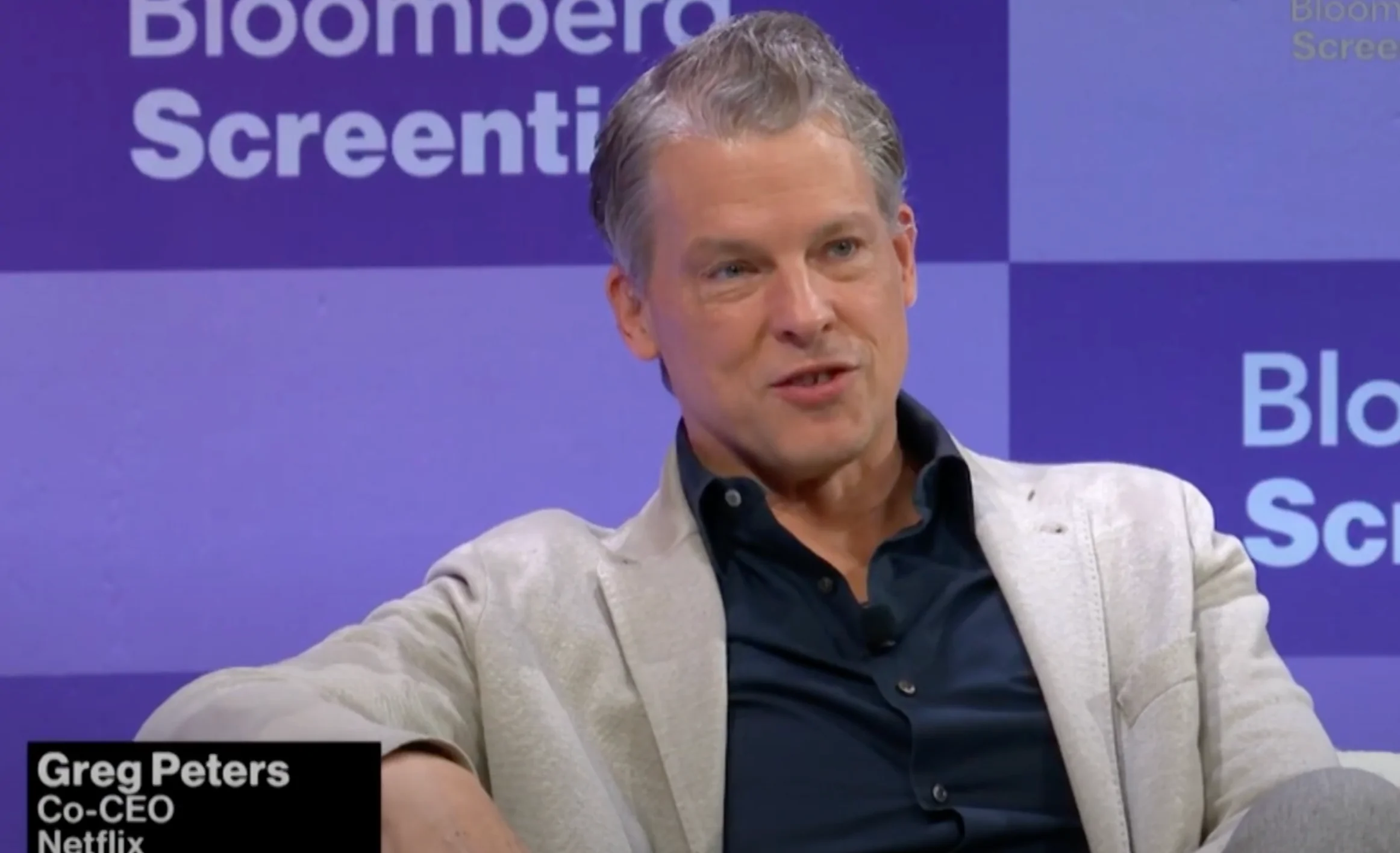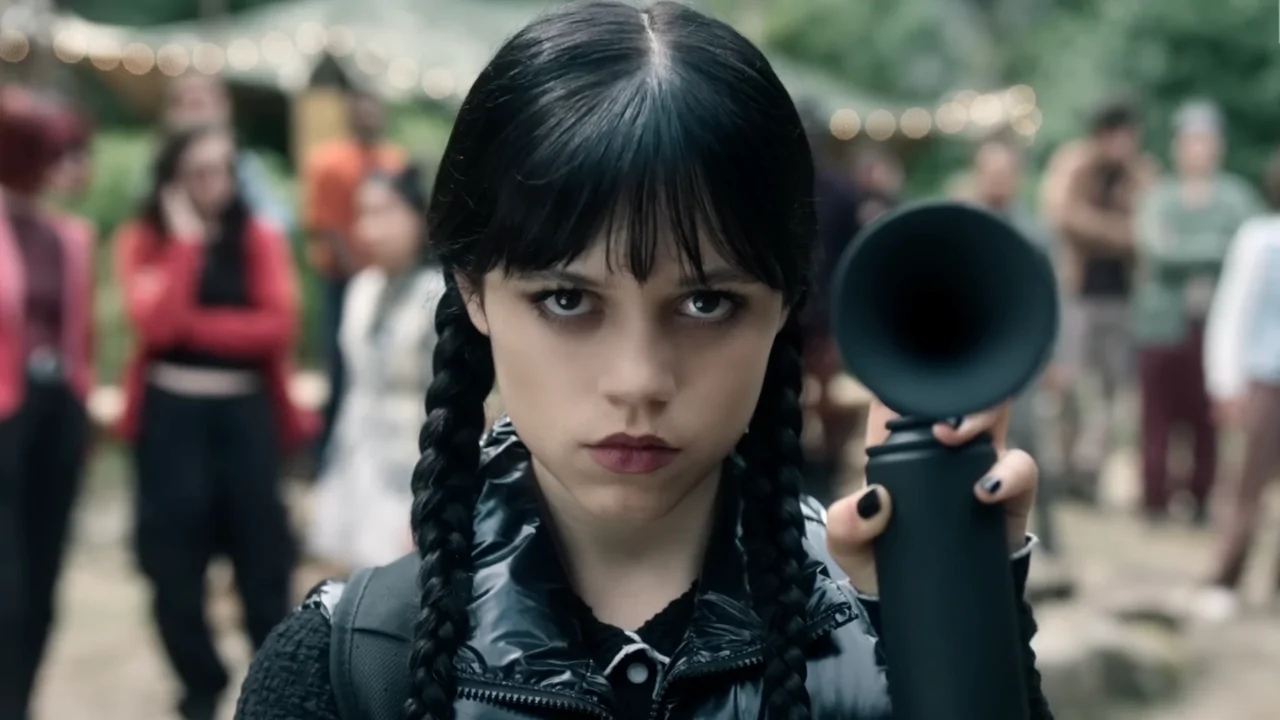
Many investors were shocked to see Netflix’s stock price drop dramatically this morning, but there’s no need to panic. The huge decline isn’t due to any real problems with the company; it’s simply the result of a recent stock split. This is a common, though sometimes startling, change that can confuse those unfamiliar with the details of the stock market.

Just to be clear: this article isn’t financial advice. It simply explains what occurred and its implications for Netflix.
What Actually Happened With the Netflix Stock Split
Netflix completed its planned 10-for-1 stock split at the end of trading on Friday. Simply put, this means the company increased the number of shares available by dividing each existing share into ten. For example, if you owned one share before, you now have ten. If you owned ten shares, you now have one hundred. The total value of your investment remains the same – only the number of shares has changed.
The stock price fell sharply, from over $1,100 on Friday to around $111 on Monday morning. This happened because the company split its stock ten-to-one, which automatically adjusts the price. The sudden drop you see on the chart is simply a result of this mathematical adjustment.

According to Netflix’s official statement, the company split its stock to make shares more affordable for employees who participate in its stock option program.
Previously, even with employee discounts, Netflix stock was too costly for most workers to purchase. Now, with the price around $111, the employee stock plan is actually accessible and useful for regular people.
Why the Charts Look Wild
It’s common for financial websites and apps to show stock prices before and after a split right next to each other, but this can be confusing. What looks like a dramatic, sudden drop on a chart isn’t necessarily a sign of trouble – it often just means the price has been adjusted to reflect the stock split.

The recent drop in Netflix’s stock price – now trading at one-tenth of its Friday value – might actually make it seem more accessible to both employees and individual investors. The company’s underlying worth hasn’t changed, it’s just that the stock price hasn’t fully reflected that yet.
What a Stock Split Means in Real Terms
A stock split doesn’t actually change anything about a company’s overall value, earnings, number of customers, or position in the market. It’s simply a change in how the stock is divided. If a company was worth a certain amount before the split, it will still be worth the same amount afterward – it’s just been broken into more shares.
Think of it this way: cutting a pizza into ten slices doesn’t change the total amount of pizza – you just end up with more, smaller pieces to share.

So what’s the point? Companies split shares when:
- The stock price becomes so high that it deters employee participation
- Retail investors are less likely to buy in because of sticker shock
- Leadership wants to boost trading liquidity (more shares = more manageable trades)
As a movie and TV fan, I’ve been following Netflix’s stock split, and it all makes sense to me. The stock price had been over $1000 for a while now, and even for a successful company like Netflix, that high price can actually discourage some employees from buying it – it just feels out of reach. Splitting the stock makes it more accessible for everyone, and that’s a big part of why they did it, as I understand it.
Could the Split Impact Netflix’s Future?
Whether a stock split will help a company is uncertain. It’s not a guaranteed fix – it won’t suddenly make a failing business successful, and it can’t save a company from making bad choices.
What it can do is:
- Increase employee ownership
- Encourage more participation in share-purchase programs
- Lower the barrier for smaller retail investors
- Boost liquidity, which can help with price stability

Sometimes, when large companies split their stock, the price drops enough to attract more investors, causing a temporary increase in the stock price. However, this is just a typical response to the split, and isn’t a sure thing.
Netflix’s future success hinges on a few key things: consistently creating good shows and movies, attracting new subscribers, making smart deals for its content, and staying competitive as more streaming services emerge.
The Bottom Line
Okay, so everyone was making a big deal out of the Netflix stock split, but honestly, nothing really changed. It wasn’t some disaster or anything. Basically, they just made the stock cheaper per share – a lot of employees own stock, and it was getting a little pricey. The company is still the same Netflix we all know and love, it just means each share is now worth less individually. Think of it like trading in your size 12 shoes for a pair of 10s – you still have a shoe, it’s just…smaller!

Don’t worry if you’re seeing a lot of confusing symbols or results – it’s normal for math to seem overwhelming at first. It often appears complicated before things start to make sense.
Read More
- Clash Royale Best Boss Bandit Champion decks
- Mobile Legends January 2026 Leaks: Upcoming new skins, heroes, events and more
- Clash Royale Furnace Evolution best decks guide
- Vampire’s Fall 2 redeem codes and how to use them (June 2025)
- Best Hero Card Decks in Clash Royale
- Mobile Legends: Bang Bang (MLBB) Sora Guide: Best Build, Emblem and Gameplay Tips
- Best Arena 9 Decks in Clast Royale
- Clash Royale Witch Evolution best decks guide
- Brawl Stars Steampunk Brawl Pass brings Steampunk Stu and Steampunk Gale skins, along with chromas
- Brawl Stars December 2025 Brawl Talk: Two New Brawlers, Buffie, Vault, New Skins, Game Modes, and more
2025-11-17 20:57